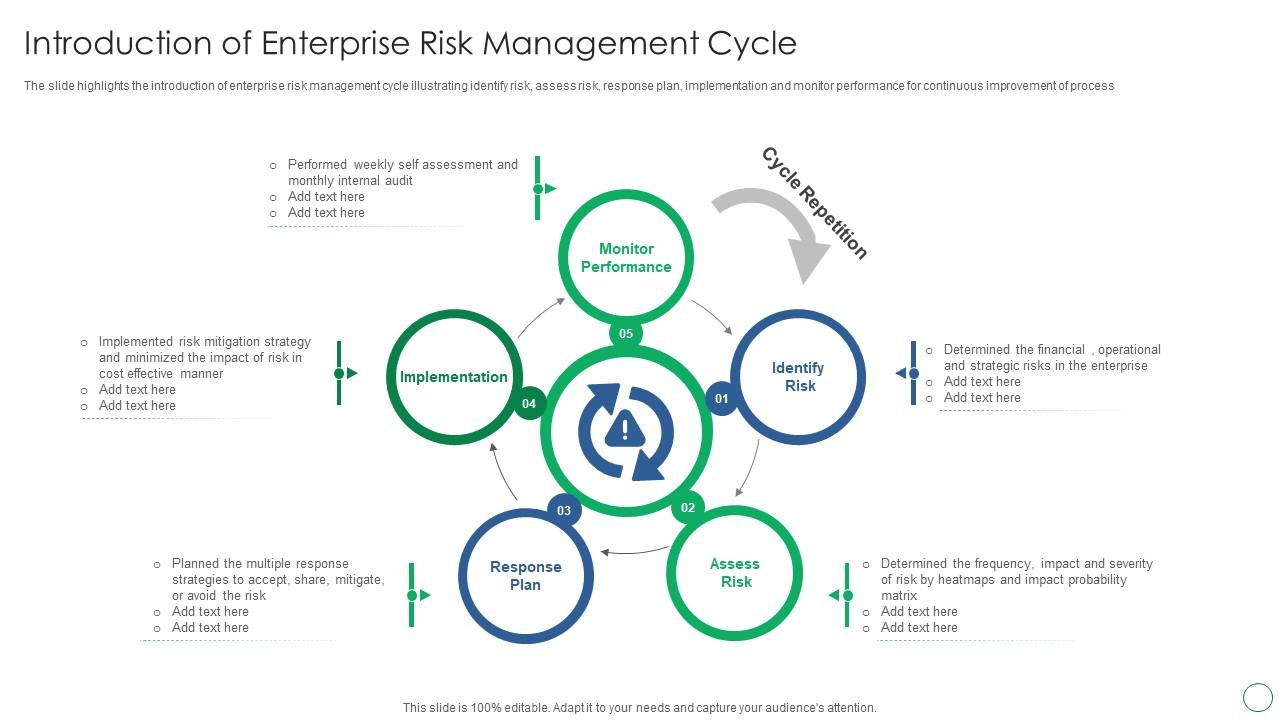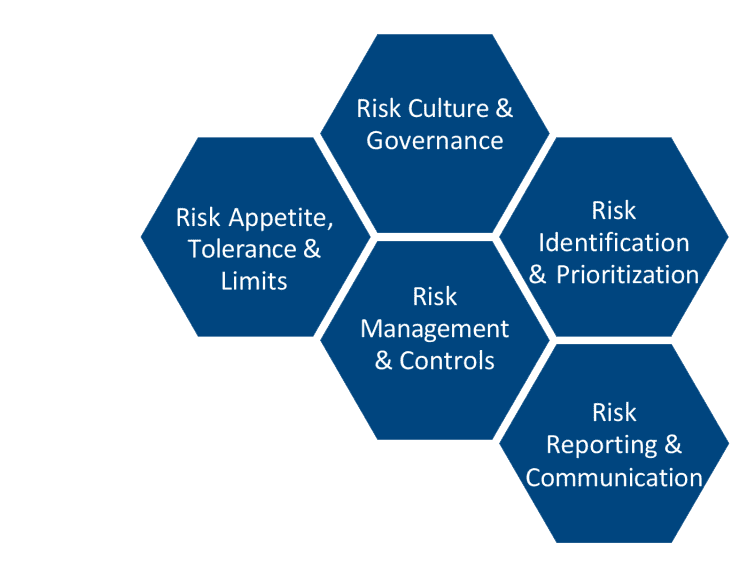Insider threats highlight a practical direction for digital safety
Discover the Role of AI in Promoting Ethics and Stability to Fight Expert Threats Effectively
The combination of AI in business structures has actually come to be pivotal in dealing with insider risks. By utilizing innovative analytics and real-time surveillance, AI systems can recognize discrepancies from honest habits amongst workers (Insider threats). This aggressive strategy not just boosts conformity yet additionally cultivates an environment of trust. As companies increasingly count on these innovations, concerns occur about their effectiveness and potential effects for workplace society. What exists in advance in the advancement of AI's function in promoting integrity?
Understanding Expert Hazards and Their Influence On Organizations
Companies typically focus on external hazards, expert risks pose a substantial danger that can undermine security and honesty. These dangers emerge from people within the organization, such as specialists or workers, that may misuse their accessibility to sensitive details for personal gain or malicious intent. The effect of insider dangers can be serious, bring about monetary losses, reputational damages, and legal implications.
Elements adding to insider hazards include frustration with the work environment, absence of oversight, and insufficient staff member training on safety protocols. Organizations commonly struggle to recognize these risks, as they can be hard to find until substantial damage has taken place. Prevention approaches should concentrate on fostering a culture of depend on and accountability, together with implementing durable surveillance and reporting systems. By recognizing and resolving the intricacies of insider hazards, organizations can improve their protection posture and secure their beneficial assets from interior threats.
The Advancement of AI in Workplace Safety And Security
As companies significantly confront diverse security difficulties, the combination of expert system (AI) in workplace safety and security has progressed substantially. AI applications concentrated mainly on automating fundamental protection methods, such as gain access to control and security. Nonetheless, innovations in artificial intelligence and information analytics have actually changed AI into a proactive tool with the ability of recognizing possible dangers and vulnerabilities in real-time.
Organizations currently take advantage of AI-driven systems to assess large amounts of data, allowing them to spot anomalous behavior that may suggest insider hazards. This advancement has actually resulted in the development of advanced algorithms that can gain from historical incidents, boosting the system's predictive capacities. Furthermore, AI devices are increasingly used to simplify event response procedures, allowing protection teams to act promptly and properly.
Exactly How AI Monitors Staff Member Habits for Ethical Conformity
Man-made intelligence plays a crucial function in monitoring worker behavior to ensure moral compliance within companies. AI systems evaluate substantial amounts of information generated by staff members, including interactions, transactions, and access to sensitive information. By utilizing advanced formulas, these systems can determine discrepancies from developed moral requirements and company plans.
Device understanding models constantly adjust to recognize patterns of habits that may show ethical breaches, such as unapproved information accessibility or unusual transaction activities. Insider threats. On top of that, AI-driven devices can give real-time alerts to administration, promoting prompt interventions when potential dangers are found
The integration of AI into conformity tracking not just boosts the company's ability to copyright integrity however likewise promotes a culture of responsibility among workers. By advertising openness, AI systems work as a deterrent against dishonest actions, making certain that staff members continue to be straightened with organizational worths and moral criteria.
Examining Patterns: Recognizing Risky Actions With AI
An expanding number of organizations are leveraging AI to evaluate patterns that may show high-risk actions among workers. By using sophisticated algorithms, these systems can sift through substantial quantities of data, identifying abnormalities in customer habits that could recommend prospective insider hazards. For circumstances, AI can find unusual access patterns to delicate info, such as employees accessing documents outside their common range of work or throughout atypical hours. Furthermore, behavioral analytics can highlight constant changes in a staff member's communication style or cooperation routines, which may indicate underlying issues. This aggressive technique enables companies to pinpoint threat elements prior to they intensify into substantial risks. Consequently, the combination of AI right into keeping an eye on practices not only boosts safety and security yet also promotes a society of accountability and honest actions. By determining these patterns, companies can better recognize the behavior dynamics within their workforce, eventually advertising a more secure and more honest workplace.
Real-Time Insights: Immediate Feedbacks to Potential Risks
Real-time insights with anticipating analytics and automated sharp systems play an essential function in attending to possible hazards to ethics and integrity. By leveraging these innovations, companies can expect high-risk actions and react without delay to mitigate risks. This proactive approach improves accountability and fosters a culture of integrity in numerous settings.
Anticipating Analytics Applications

Automated Alert Systems
Anticipating analytics offers a structure for organizations to enhance their responsiveness to moral worries through automated sharp systems. These systems use real-time data to keep track of tasks, detecting abnormalities that might represent potential expert dangers. By leveraging artificial intelligence formulas, automated notifies can identify patterns of habits that deviate from you could try this out developed norms, enabling quick treatment. This immediacy is crucial in mitigating dangers related to dishonest practices. Automated alert systems can enhance interaction among appropriate stakeholders, ensuring that prospective hazards are addressed immediately and effectively. As organizations significantly rely on AI-driven options, the integration of automated alert systems will play a crucial role in fostering a culture of values and honesty, ultimately protecting business assets.
Cultivating a Society of Trust With AI-Driven Openness
AI-driven transparency can considerably boost count on within companies by advertising liability and open interaction. Via real-time monitoring solutions, stakeholders can acquire insights right into procedures and decision-making, promoting a society of stability. Data-driven decision-making better supports this openness, making it possible for informed choices that align with ethical requirements.
Enhancing Transparency and Liability
Just how can companies properly foster a society of depend on? By boosting openness and responsibility with the calculated use expert system. AI can assist organizations systematically track decision-making processes, guaranteeing that actions straighten with established moral standards. This transparency allows staff members to see the reasoning behind plans and decisions, minimizing uncertainty and fostering a feeling of justness. Furthermore, AI-driven tools can facilitate clear interaction relating to expectations and responsibilities, equipping individuals to take possession of their actions. As liability ends up being ingrained in the business culture, employees are more probable to take part in moral habits, knowing their activities are kept an eye on and evaluated. Inevitably, this method cultivates an atmosphere where count on can prosper, considerably alleviating the risk of expert threats.
Real-Time Surveillance Solutions
As companies progressively look for to foster a society of trust, real-time surveillance services become a critical device in enhancing openness. These AI-driven systems continuously track activities, supplying insights into individual habits and hop over to here possible abnormalities that might indicate insider hazards. By executing such surveillance services, companies can proactively recognize risks, making certain prompt actions to dubious activities. This not only safeguards delicate details but likewise strengthens a dedication to ethical methods. In addition, the clear nature of real-time monitoring assists develop staff member self-confidence, as individuals realize that their activities are being observed for the better good. Eventually, these options offer to grow a workplace setting based in trust fund, accountability, and honest stability, essential for reducing insider dangers successfully.

Data-Driven Choice Making
Real-time tracking remedies prepared for data-driven choice making, which significantly improves business openness. By leveraging AI technologies, organizations can analyze substantial amounts of data to recognize abnormalities and patterns a measure of possible insider risks. This analytical method enables stakeholders to make informed choices based in empirical evidence, fostering a society of depend on among employees. Openness in decision-making procedures, boosted by AI-driven insights, encourages liability and honest behavior. Additionally, it permits organizations to proactively address susceptabilities, making certain that actions taken are justified and connected clearly. As a result, the execution of data-driven strategies not only mitigates threats related to insider hazards however also enhances the values of honesty and honest conduct within the organizational structure.
Future Trends: The Duty of AI in Enhancing Work Environment Ethics
While companies significantly turn to fabricated knowledge for operational effectiveness, the potential of AI to improve workplace principles is gaining importance. Future trends show that AI will play an essential duty in establishing ethical frameworks and standards, allowing companies to browse complex ethical issues. By assessing huge quantities of data, AI can determine patterns of unethical habits and give insights that promote openness and accountability.
AI-driven tools can promote real-time monitoring of worker communications, assuring adherence to ethical requirements. This aggressive approach not only alleviates expert threats but likewise grows a society of stability. As companies embrace AI innovations, they need to additionally focus on moral programming and algorithmic bias reduction to ensure fairness.
In this advancing landscape, the integration of AI in ethical practices represents a transformative shift, fostering an environment where integrity is not merely expected but systematically reinforced.
Regularly Asked Questions
Just How Does AI Differentiate In Between Benign and Malicious Actions?
AI differentiates between malicious and benign actions by analyzing patterns in user actions, using maker knowing algorithms to determine anomalies, and evaluating contextual information to establish whether activities line up with well-known standards or exhibit potential threats.
Can AI Devices Replace Human Being Judgment in Honest Decision-Making?
AI tools can not fully change human judgment in honest decision-making. While they can evaluate data and recognize patterns, the nuanced understanding of context, values, and moral effects still needs human insight and discernment.
What Are the Privacy Implications of AI Keeping Track Of Employee Actions?

How Can Organizations Ensure AI Algorithms Are Morally Created?
Organizations can ensure AI algorithms are morally created by carrying out transparent growth procedures, involving varied stakeholders, conducting regular audits, and sticking to established ethical structures that prioritize fairness, responsibility, and respect for customer privacy and civil liberties.
What Training Is Required for Staff to Recognize Ai's Honest Duty?
Personnel training should incorporate foundational AI values, data personal privacy, and bias recognition. Workshops, study, and interactive sessions can improve understanding, guaranteeing staff members acknowledge AI's moral implications and its duty in fostering stability within the organization.
Man-made knowledge plays a necessary duty in checking employee behavior to guarantee honest conformity within organizations. look at this site The combination of AI right into keeping track of techniques not just enhances protection but likewise promotes a society of accountability and honest actions. While organizations progressively encounter ethical problems and possible honesty breaches, predictive analytics applications use prompt understandings that can help alleviate these threats. Anticipating analytics offers a foundation for companies to boost their responsiveness to honest worries via automated alert systems. Future patterns suggest that AI will play a crucial function in developing honest structures and guidelines, allowing companies to browse complicated ethical predicaments.